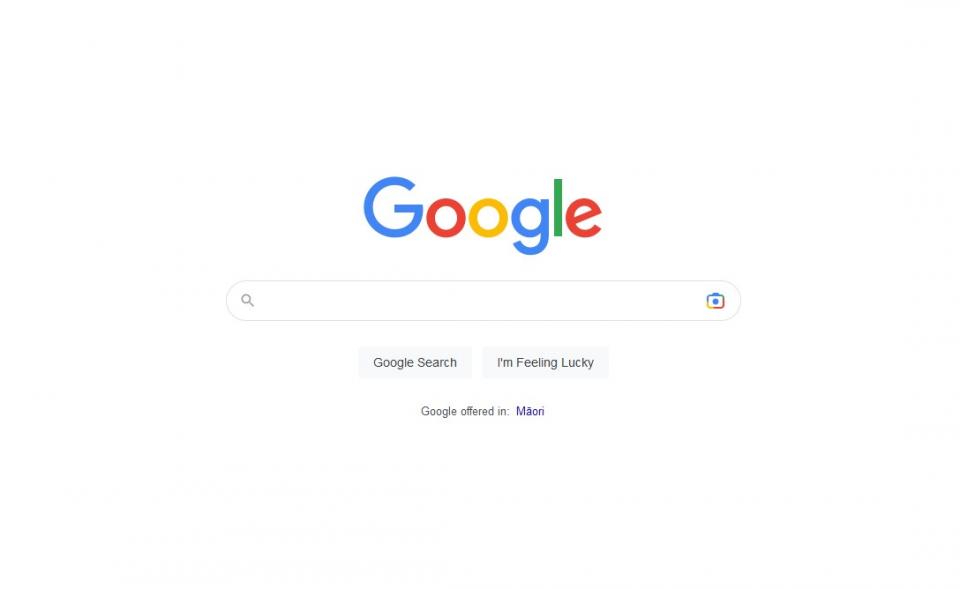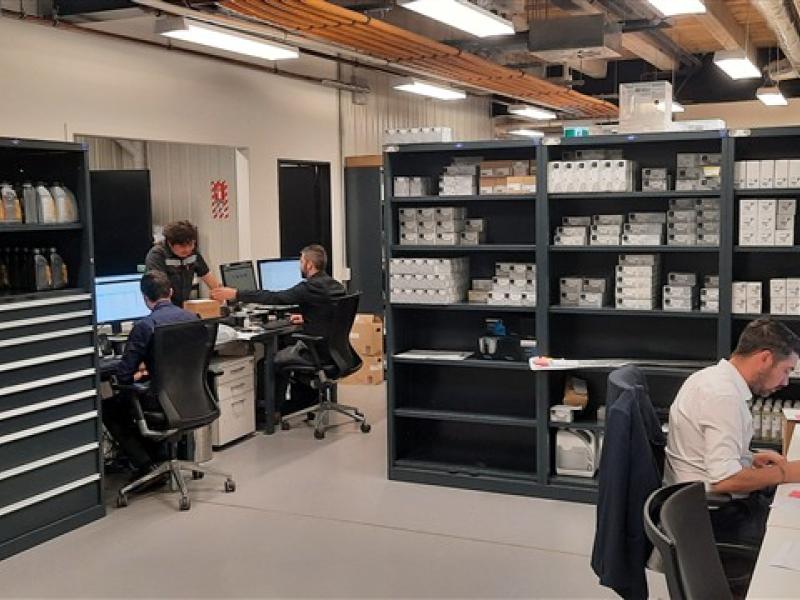Richard Conway explains what to do if you are hit by Google’s latest ‘Helpful Content Update’ or September ‘Core Update’.
In August 2022, Google released what they dubbed the ‘Helpful Content Update’. In their launch tweet, they announced:
“Next week, we will launch the ‘helpful content update’ to better ensure people see more original, helpful content written by people, for people, rather than content made primarily for search engine traffic.”
There were immediate fears among SEO experts that this would be another Panda. However, so far, the general consensus from both the industry and website owners is that the impact has not been as significant as first feared.
As a website owner, the three key things that might lead to negative impacts, which you want to avoid, are:
1. AI generated content – Some companies use AI (artificial intelligence) engines to generate ‘fresh’ content. If your content was not written by a human, with a human in mind, then it is time to buy some worry balls!
2. Similar content with little/no unique value – There are several companies in New Zealand that have written content just to rank for a certain term or location. The content is almost identical, but the location is different (for example, ‘Trade type’ Auckland, ‘Trade type’ Parnell, ‘Trade type’ North Shore, etc.)
Is there any real value? Probably not!
3. Keyword stuffing – This is content that is written just for search engines and jam-packed full of target keywords. Something like (just as an example): ‘We are a plumber in Auckland who provides all your plumbing needs. We offer plumbing services, emergency plumbing and everything plumbing around the Auckland area, including the North Shore, Auckland City…’ You get the idea!
If any of the above tactics remind you of the way your website is written, now is an excellent time to get working on changing the content. Especially with Google’s latest announcement of a September ‘Core Algorithm Update’ which we expect will build on the ‘Helpful Content Update.”
So, what type of content do you really want?
Here are two important considerations:
1. Customer-centric – when someone reaches that page on your website, will it provide them value? Is it unique? Will they engage with its message? Will they share or talk about it? Good SEO means well-written, quality content written for users.
2. High quality unique content – create unique content that genuinely adds value, such as: how-to guides, video tutorials, market research.
What to do if your website is impacted and your rankings drop
Obviously, it’s bad news if you have been impacted, as your search rankings will drop which most likely means you’ll experience a drop in traffic. Fortunately, the update is only supposed to impact the actual pages that contain the poor-quality content.
Google’s advice if this happens is to rewrite the content with the customer in mind and turn it into meaningful, quality content that provides real value.
In my experience, it will probably take months for that content to start ranking again.






